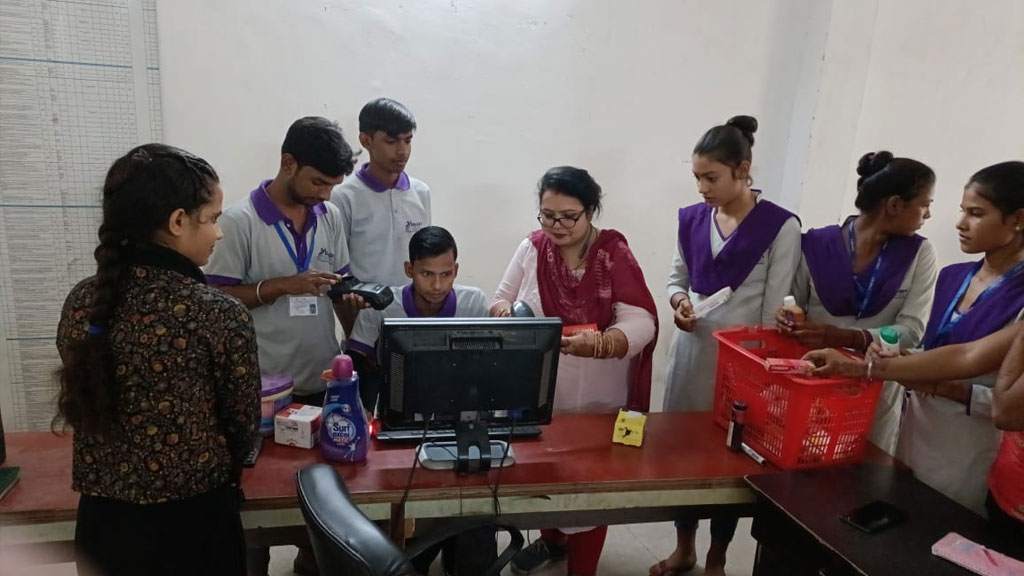In the tapestry of societal progress, educational equity stands as a cornerstone, determining not only individual destinies but the collective future of communities. Corporate Social Responsibility (CSR) initiatives, with a spotlight on education, are emerging as powerful catalysts in unraveling the fabric of inequality and ushering in a brighter, more inclusive era. Let’s delve into the transformative role that CSR plays in unveiling educational equity and reshaping lives.
Breaking Down Barriers:
Educational equity addresses the disparities that hinder equal access to quality education. It acknowledges that every individual, regardless of their background, deserves an opportunity to learn, grow, and contribute meaningfully to society. CSR initiatives that focus on education actively work towards dismantling barriers—be they financial, social, or infrastructural—ensuring that the benefits of education are accessible to all.
Promoting Access to Quality Education:
CSR initiatives often target areas where access to quality education is limited. Whether through building schools, providing scholarships, or implementing technology-driven learning solutions, these initiatives aim to level the playing field. By investing in educational infrastructure and resources, corporations contribute directly to creating an environment where students can thrive and unlock their full potential.
Empowering Teachers for Lasting Impact:
Educational equity is not only about providing access but also ensuring that the quality of education is consistent across diverse demographics. CSR initiatives frequently invest in teacher training programs, equipping educators with the tools and knowledge needed to deliver effective and inclusive teaching. Empowering teachers is a key step in fostering an environment where every student receives a high-quality education, irrespective of their background.
Community Engagement for Sustainable Change:
The impact of CSR in education extends beyond the classroom walls. Many initiatives actively engage with communities to understand their unique needs and challenges. By involving local stakeholders, corporations ensure that their efforts align with the community’s aspirations, fostering a sense of ownership and sustainability in the initiatives undertaken.
Technology as an Enabler:
In an era where technology is a powerful force for change, CSR initiatives leverage it to bridge educational gaps. From providing digital resources to implementing e-learning platforms, technology plays a pivotal role in making education more accessible. CSR embraces innovative solutions that amplify the reach and effectiveness of educational interventions.
Measuring Impact and Accountability:
Educational equity is not just a lofty goal but a measurable outcome. CSR initiatives are increasingly adopting rigorous monitoring and evaluation frameworks to assess the impact of their interventions. By being transparent and accountable, corporations contribute to the larger narrative of social responsibility, showcasing the tangible changes brought about in the educational landscape.
Championing Diversity and Inclusion:
True educational equity goes beyond providing the same opportunities—it embraces diversity and inclusion. CSR initiatives in education recognize the unique needs of different communities and individuals, ensuring that interventions are tailored to address specific challenges and celebrate the richness of diversity.
Conclusion:
“Educational Equity Unveiled: The Role of CSR in Transforming Lives” is not just a headline; it encapsulates a movement towards a more just and equitable society. Through strategic and impactful CSR initiatives, corporations are contributing to a future where education is a universal right, not a privilege. As the role of CSR continues to evolve, the unfolding narrative of educational equity promises a story of hope, empowerment, and transformation for generations to come.
- By admin

